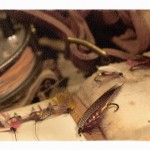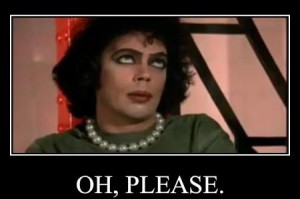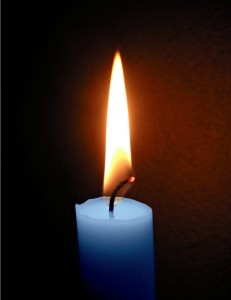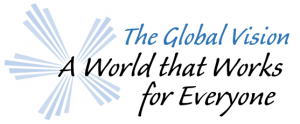One of my most favorite things to do with my father when I was young was to go out fishing.

We’d get up ridiculously early, sometimes 4 a.m., and it was usually cold outside so I could see my breath. Then my brother and I would climb into the car that he had packed up with gear the night before and be off. He always told us the fish like to bite early, so we had to be there on time.
There was something magical about these mornings. I quickly learned that going fishing was not only an adventure, but it came with heavy doses of optimism, and mystery wrapped within it. We knew what would happen – we’d get out on the water, and fish either would or wouldn’t be caught – but we never quite knew the details of what would transpire.
These memories came to me this week when a student asked: how do you distinguish a divine intuitive idea from a relative one. In other words – how do you know when the ideas that are coming to you are truly coming from your divine self, or are they something implanted there by ego.
Like fishing, it takes practice. You have to get accustomed to what you are doing – how do you get the fish to bite? And then you have to make sure you reward yourself when you’re right and notice what occurred when you’re wrong, forgive yourself for missing the mark, and then try again.
So back to fishing. It always starts with the divine idea that you’re going to catch something. Then you start trolling, and at some point the line goes taught. Now you have something, and it’s time to start reeling it in.
As a kid, the first few times I pulled in that line I was so excited I was almost bursting. My dad had to calm me down I was bouncing so much I almost rocked the boat over. And then came the disappointment. At the end my hook wasn’t the 20-pound prize of my imagination, but a piece of milfoil, or lake swamp, or some other nasty thing my eight-year-old mind couldn’t fathom. I was so sure it was a trout. How could I be so wrong?
I could have given up then and there, but my dad said no – keep going, the fish will come. I had missed the mark.
Then one day, I tossed out my line, and the line went taught, and unlike the feeling of pulling on a dead-weight, here was something so alive beneath the surface that it was unmistakable. With my hands on the reel, I could feel its unpredictable movements, and I had to bend and weave in order to keep up with it. And when I finally reeled it in – all five pounds of it – it was more beautiful that anything I could have imagined.
Divine ideas are just like this. They never leave us alone, and the path is completely unpredictable – that’s the mystery of it all.
Practice involves following our intuition by taking action frequently enough that we can start to distinguish between those things – those signposts – that are divinely guided from our subjective mind, and those that are merely signals from our objective mind. Like the boy in the boat, we can start to tell when we’re zooming ourselves – when we want something so badly yet deep down inside we already know we’re pulling up a boot.
Practice is important because it gives us an opportunity to go deeper with ourselves than we ever thought possible. We may think we know what our divine purpose is, but it’s only when we practice that the intuitive idea we’re really seeking begins to emerge. This is the most important thing that exists in your world, and you have nothing better to do with your time than create the life you want to have.
So practice. Do some conscious fishing. It’s the pathway to creating an authentic life that is a reflection of the wholeness of who you are, and so too, a reflection of the divine.











